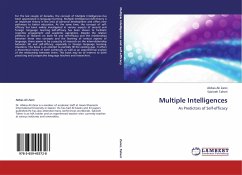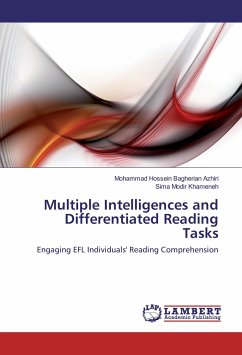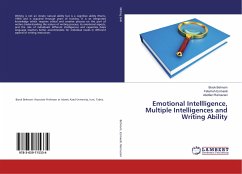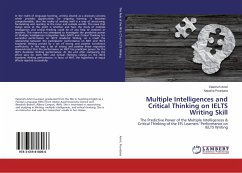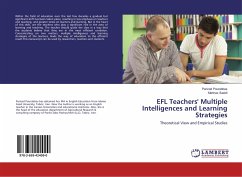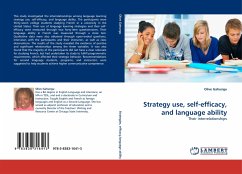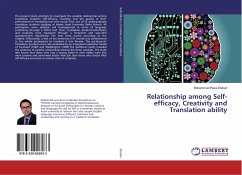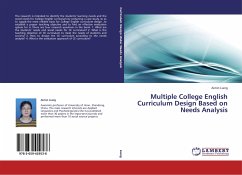For the last couple of decades, the concept of Multiple Intelligences has been appreciated in language learning. Multiple Intelligences (MI) theory is an important theory in the area of personal development and offers new pathways to better education. At the same time, the concept of self-efficacy has been widely investigated in various aspects of second and foreign language learning. Self-efficacy has been shown to facilitate cognitive engagement and academic aspirations. Despite the relative plethora of research on both MI and self-efficacy and the relationships between these two concepts and the learning of various aspects of language, there seems to be a paucity of research on the interrelationship between MI and self-efficacy, especially in foreign language learning situations. This book is an attempt to partially fill the existing gap. It offers a theoretical review of both constructs as well as an experimental analysis of the relationship between them. This book may be of interest to both practicing and prospective language teachers and researchers.
Bitte wählen Sie Ihr Anliegen aus.
Rechnungen
Retourenschein anfordern
Bestellstatus
Storno

